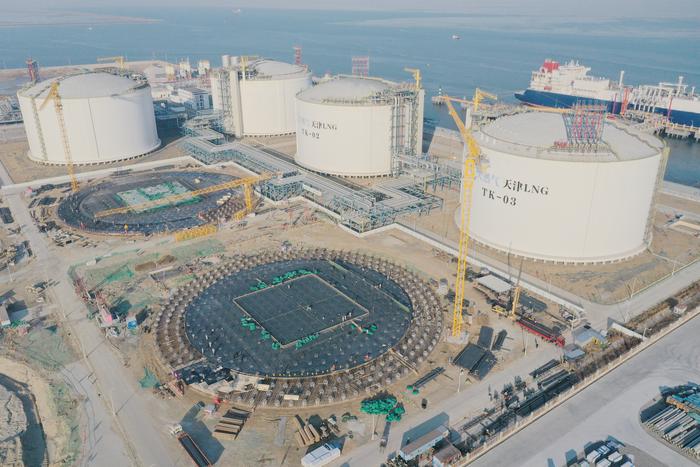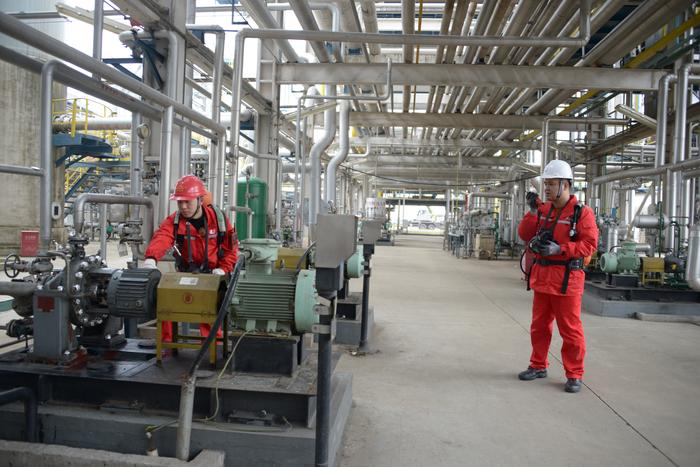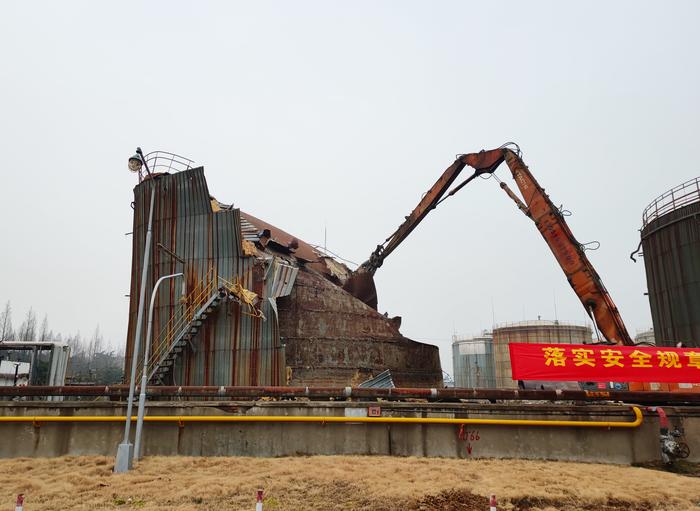|
| 2021-01-06 来源: 中国石化新闻网 |
| 石化新闻 |
中国石化新闻网讯 据12月29日消息:预计2020年全球七大石油巨头以及美国和加拿大独立生产商的资产减记总额将超过1500亿美元,这将是至少10年来的最高水平。 石油行业专家表示,对2020年石油需求不会出现V型复苏的预期,以及更长期的行业挑战,包括可再生能源和电动汽车的崛起,使得今年几乎所有油气公司都大幅减记了资产价值。 油价网分析师Tsvetana Paraskova称,今年一些被称为“石油巨头”的大型油气公司出现了数百亿美元的资产减值,这不仅是因为油价暴跌,还因为人们对油价的长期预期大幅降低。 自9月底以来,又宣布更多减记,使2020年的减记总额远远超过1,500亿美元。Paraskova写道,埃克森美孚四季度高达200亿美元的资产减值,以及壳牌最新警告第四季度高达45亿美元的资产减值,都将增加《华尔街日报》估计的石油行业2020年将计入的1450亿美元费用。 根据《华尔街日报》分析,北美和欧洲的油气公司在前三季度总共减记约1,450亿美元,这是自2010年以来至少九个月的最高水平。在上一次石油泡沫破裂期间,2015年和2016年同期的跌幅约相当于两家公司总市值的10%。 与2015年相比,2020年的主要区别在于,全球越来越多的石油公司开始认识到,不仅是短期价格对其资产的影响,还有能源转型和社会责任投资的长期影响。 在全球能源需求出现前所未有的暴跌后,石油行业的减记幅度超过了其他任何主要经济部门。 3月油价暴跌后不久,大型石油公司就开始宣布巨额资产减值准备,英国石油、壳牌、埃尼和道达尔都进行了重大资产减记,而这家法国超级巨头甚至将Fort Hills和Surmont的加拿大油砂项目列为“搁浅资产”,这意味着其将承担超过20年的储量和高昂的生产成本,总储量可能到2050年才能生产出来。 考虑到技术发展,特别是运输领域的技术发展,道达尔预计2030年以后的石油需求将达到峰值,布伦特原油价格长期走势将趋于每桶50美元。 伍德·麦肯齐公司分析副总裁卢克·帕克于6月表示,英国石油第二季度175亿美元的资产减记具有重大的短期和长期影响。 美国能源信息署7月分析的数据显示,除了石油巨头,40家公开交易的美国石油生产商仅在2020年第一季度就减记了价值480亿美元的资产。实现了至少自2015年以来最大资产减记额。这些公司占美国液体石油产量的30%左右。 冯娟 摘译自 MENAFN 原文如下: Global oil industry write-downs to exceed $150b in 2020 The total write-downs of the world's seven supermajor oil companies and independent producers in the US and Canada are expected to exceed $150 billion in 2020, their highest level in at least a decade. Oil industry pundits say expectations that oil demand will not see a V-shaped recovery in 2020 and longer-term industry challenges, including the rise of renewables and electric vehicles, had nearly every oil and gas company in the world significantly write down the value of its assets this year. In 2020, dozens of billions of dollars in asset impairments at some of the biggest oil and gas companies known as 'Big Oil came not only from the price collapse but also from significantly lowered expectations of oil prices in the long term, according to Tsvetana Paraskova, analyst with Oilprice.com. 'Since the end of September, more write-downs have been announced, taking the total 2020 tally well beyond $150 billion. Exxon's asset impairment of up to $20 billion for Q4 and Shell's latest warning of another up to $4.5 billion write-down for Q4 would add to Wall Street Journal's estimated $145 billion charges the oil industry will have booked for 2020, wrote Paraskova. According to the Journal analysis, oil-and-gas companies in North America and Europe wrote down roughly $145 billion combined in the first three quarters of 2020, the most for that nine-month period since at least 2010. That total significantly surpassed write-downs taken over the same periods in 2015 and 2016, during the last oil bust, and is equivalent to roughly 10 per cent of the companies' collective market value. In 2020, the major difference compared to 2015 is that a growing number of oil companies around the world have started to acknowledge not only the short-term price impact on their assets but also the long-term implications of the energy transition and socially responsible investing. The oil industry has written down more than any other major segment of the economy, following an unprecedented collapse in global energy demand, according to an analysis of data. According to Oilprice.com, an analysis of oil firms with over $1 billion of market capitalisation in North America and Europe found that the write-downs during the first three quarters of 2020 were much higher than the ones the companies incurred during the previous downturn in 2015-2016. Shortly after the price crash in March, Big Oil started announcing hefty asset impairments, which most European majors explained with lowered oil price assumptions for the coming years and an 'enduring impact of the pandemic. 'BP, Shell, Eni and Total all took major write-downs, with the French supermajor even qualifying Canadian oil sands projects Fort Hills and Surmont as 'stranded assets— meaning with reserves beyond 20 years and high production costs, whose overall reserves may not be produced by 2050, Oilprice.com analysis said. 'Beyond 2030, given technological developments, particularly in the transportation sector, Total anticipates oil demand will have reached its peak and Brent prices should tend toward the long-term price of $50 per barrel, Total said in July. BP's asset write-down of $17.5 billion for Q2 has significant short and long-term implications, Luke Parker, vice president, corporate analysis, at Wood Mackenzie said in June. 'In the longer term, this is about BP's strategic shift away from oil and gas. While that will be a multi-decade affair, BP is already getting to grips with the idea that its upstream assets are worth less than it believed as recently as six months ago. Indeed, some of them are worth nothing, Parker noted. Apart from Big Oil, 40 publicly-traded US oil producers also wrote down a collective $48 billion worth of the value of their assets in the first quarter of 2020 alone, data analyzed by the Energy Information Administration (EIA) showed in July. The 40 companies—including Occidental, Apache, Concho Resources, ConocoPhillips, EOG Resources, Marathon Oil, Noble Energy, and Parsley Energy — representing around 30 per cent of US liquids production made the largest asset impairments in Q1 2020 since at least 2015, according to EIA estimates. |








